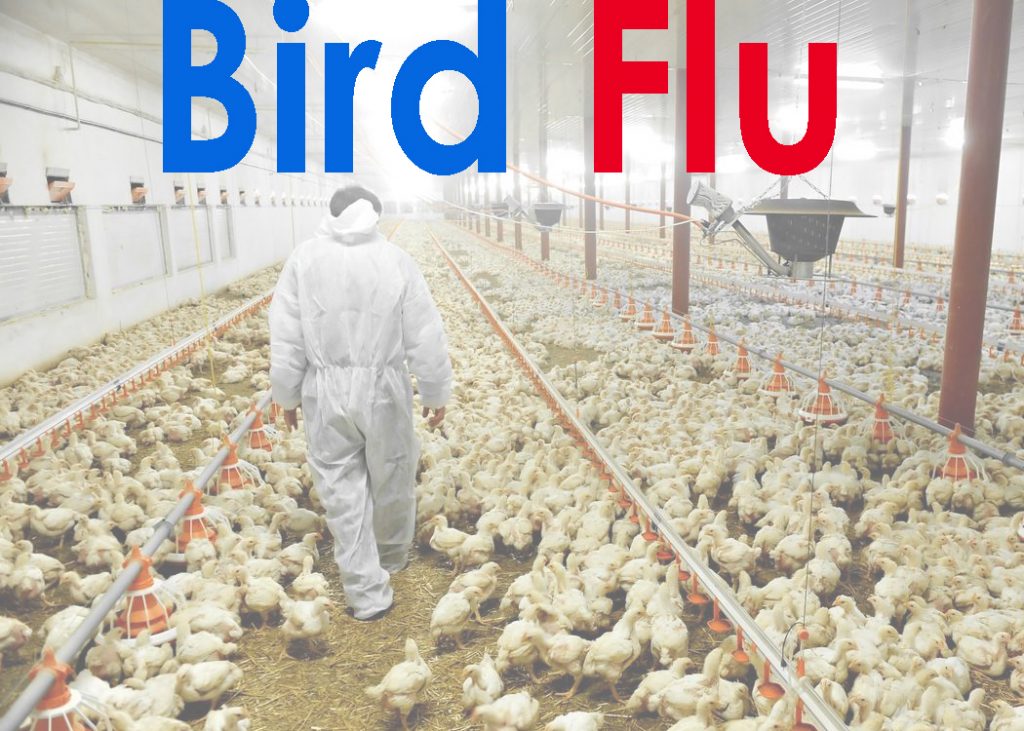
AVN Monitoring Desk
UK: The University of Bristol’s Avian Influenza Group has invited stakeholders, including UK poultry farmers, bird keepers, and all others interacting with domestic or wild birds to get involved in a study aimed at curbing avian influenza.
It says that the comprehensive research initiative is expected to deepen understanding of avian influenza—a highly infectious disease that affects birds as well as other animals and humans.
The research has been prompted by the latest data gathered in 2022-23 which showed avian influenza was confirmed in over 150 poultry farms in England alone. Besides, according to the UK Health Security Agency, at least four persons in contact with birds from infected sites have contracted avian influenza.
This shows that avian influenza poses a serious risk to the health of both animal and people.
The study mainly aimed at assessing the threat posed by avian influenza to bird keepers across the UK, measures being currently taken to prevent its spread and their effectiveness, the efficacy of the existing public health plans to tackle the rising cases, devising strategies to involve farmers and bird keepers in managing and responding to avian influenza and what localized avian influenza outbreaks may look like within the UK.
The study, led by Prof Ellen Brooks-Pollock from the University of Bristol, in collaboration with the Behavioural Science and Evaluation Unit at the University of the West of England, is focused on understanding how the H5N1 virus spreads from birds or contaminated environments to humans.
This research is crucial for developing effective control measures and interventions to protect public health.
The research team is actively seeking new participants who work with or own birds to enhance
the study’s relevance and effectiveness.
Public involvement opportunities include advising on study design and shaping research questions, reviewing study materials and providing feedback, and assisting in spreading the word about the study. Additionally, participants can help recruit others, take part in study days, and contribute to blogs or plain English summaries.
All public contributors will be compensated in accordance with the National Institute for Health and Care Research (NIHR) guidelines on public involvement and engagement. Public contributions have already been instrumental in refining survey questions, shaping the delivery of the study, and assisting in recruitment efforts.





